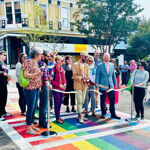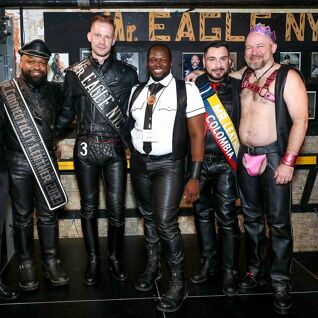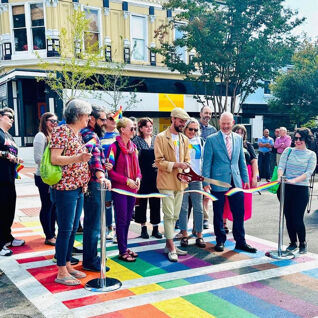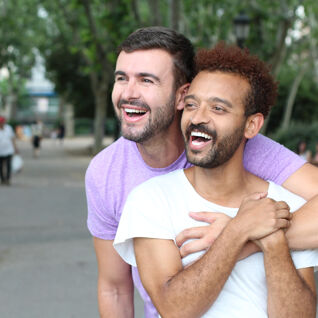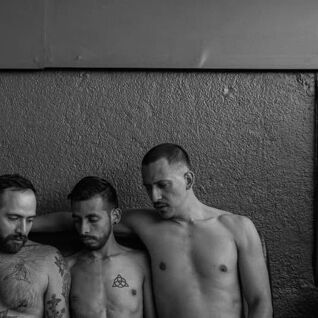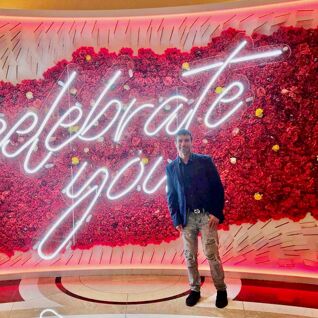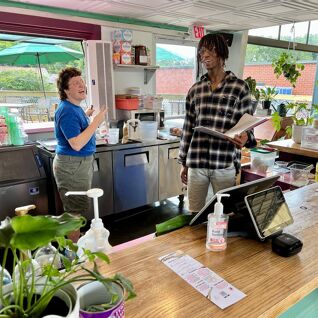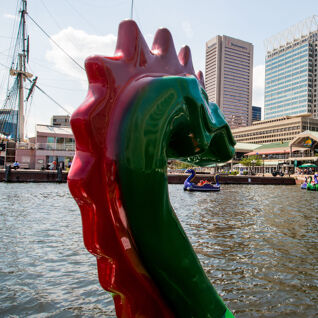
The Pulse nightclub massacre in summer 2016 was, at the time, the worst mass shooting incident by a lone gun person in US history. Pulse was a popular LGBTQ venue in Orlando, Florida, particularly popular with a young, Latino queer crowd. The tragedy resulted in 49 deaths and 53 serious injuries.
Events unfolded in the early hours of June, 12, at the tail end of the regular Saturday ‘Latin Night.’
The perpetrator of the crime was a local security guard, who – during a three-hour standoff and phone calls with police – said he had been motivated by US-led interventions in Iraq and Syria. He was shot dead by police at the end of the standoff, and the FBI later classified the massacre as a terrorist incident.
It was the deadliest terrorist incident on US soil since 9/11, and remains one of the darkest days in LGBTQ history. But it was also a hate crime directed at a vulnerable LGBTQ population.
Almost immediately following the tragedy, people came together to honor the victims, with vigils taking place around the world and fundraisers set up to help their families and those injured. Since that time, there has been an acknowledgment that those murdered, and the tragedy itself must never be forgotten.
Related: Is the Pulse nightclub about to become a federal memorial?
In the days following the attack, the venue became a place of pilgrimage. A wall around the site, decorated with murals and testimonials, remains an interim memorial site. You can visit it, view the exterior of the club, the original ‘Pulse’ sign, and tributes to those whose lives were lost. You can also check it out virtually here.

However, it eventually will be replaced by the National Pulse Memorial & Museum. Designs for the memorial and museum were chosen last year and construction will begin early next, with a planned opening in 2022.

The planned landmark, overseen by the OnePulse Foundation, will feature, “a spiraling, open-air museum and educational center with vertical gardens, public plazas, and a rooftop promenade.” Its soaring tower will be visible for miles around.
Related: Design for Orlando’s Pulse Memorial and Museum announced
A few blocks away from the new museum, the former nightclub itself will be surrounded by 49 trees in a new garden, commemorating those whose lives were taken.
The city of Orlando has marked the tragedy in other ways. In 2017, in the city’s Colonialtown Square Park, you’ll find a cobblestone labyrinth. In its center is a heart made up of the rainbow colors. Around its perimeter are the names of the victims.
View this post on Instagram
Each year on June 12, Orlando remembers the tragedy with a remembrance ceremony at the site. However, this year’s event – because of coronavirus – will be virtual, allowing even more people to watch live online.
Check the onePULSE Foundation Facebook page or the onePULSE Foundation YouTube Channel on Friday, June 12 at 7 p.m (EST).
Related: Gay bars in Orlando









